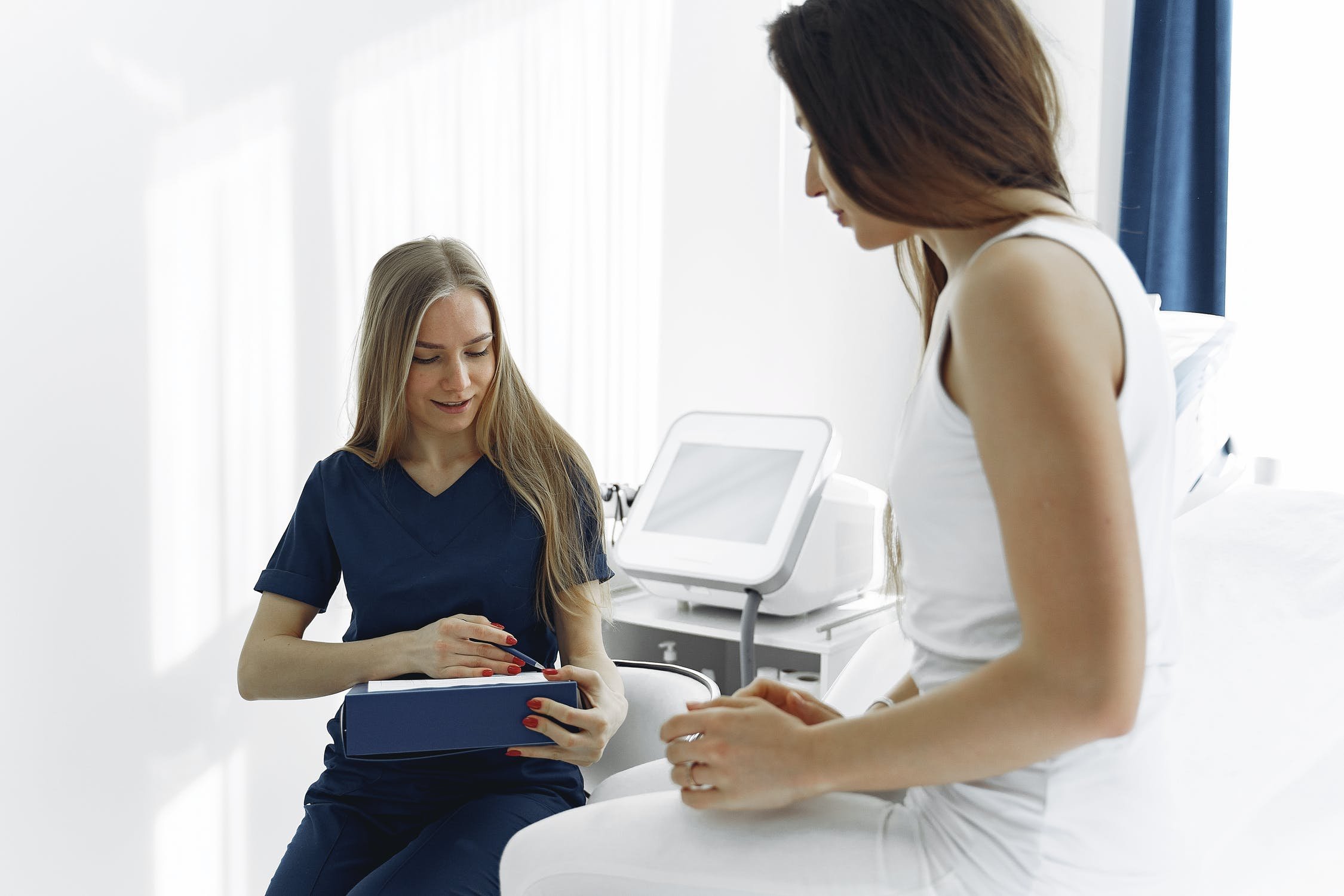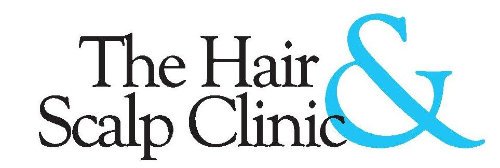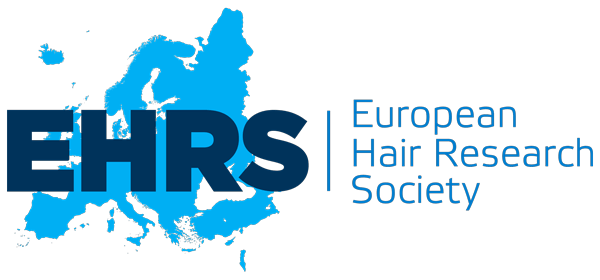
What to Expect
At the Hair & Scalp Clinic
What to Expect at the Hair & Scalp Clinic
Having a hair or scalp condition can be a really distressing and upsetting experience. You may have tried over-the-counter medication and ointments to no avail.
At the Hair & Scalp Clinic we are here to help you and never underestimate the effect that hair loss/thinning and scalp conditions have on patient’s self-esteem. Depending on your diagnosis, various treatment options will be available. These include:
Trichological products such as ointments, shampoos and lotions
Camouflage such as masking sprays, scalp creams, hair fibres, wigs and hair pieces
Vitamins and minerals
Laser devices

Before Your Visit
A trichology consultation takes up to one hour – the aim of this is to achieve a diagnosis. Once we have a diagnosis we can look at the prognosis (probable outcome) and any treatments available (if relevant).
During the consultation, you will be asked questions on hairdressing procedures, family history, lifestyle, health and nutrition. All of these areas are relevant to many hair loss/scalp conditions.
If you are suffering with a hair or scalp condition the sooner you see an expert trichologist and receive a diagnosis, then the more successful treatment can be. It’s really important to take the first step and be seen by a hair and scalp expert trichologist.
You will be asked to refrain from washing your hair 24-48 hours prior to your appointment. Please plan this into your schedule.
You will also need to collate information on medications you may be taking and it would be useful to see a copy of any recent blood test results if you have any
Patients age 16 and under should be accompanied by one adult from the same household
During Your Consultation
Trichoscopy and microscopy aid with diagnosis. The former enables us to look closely at the density of the hair and highlights any colouration on the scalp especially around the hair follicles.
Trichoscopy is ideal in monitoring the density of the hair especially in male or female pattern hair loss (androgenetic alopecia). Microscopy is ideal for looking closely at the hair itself especially in conjunction with hair shaft disorders or expert witness work, when the hair shaft needs to be thoroughly examined.
There will be no drinks available – please feel free to bring your own.
Tracey is DBS certified





